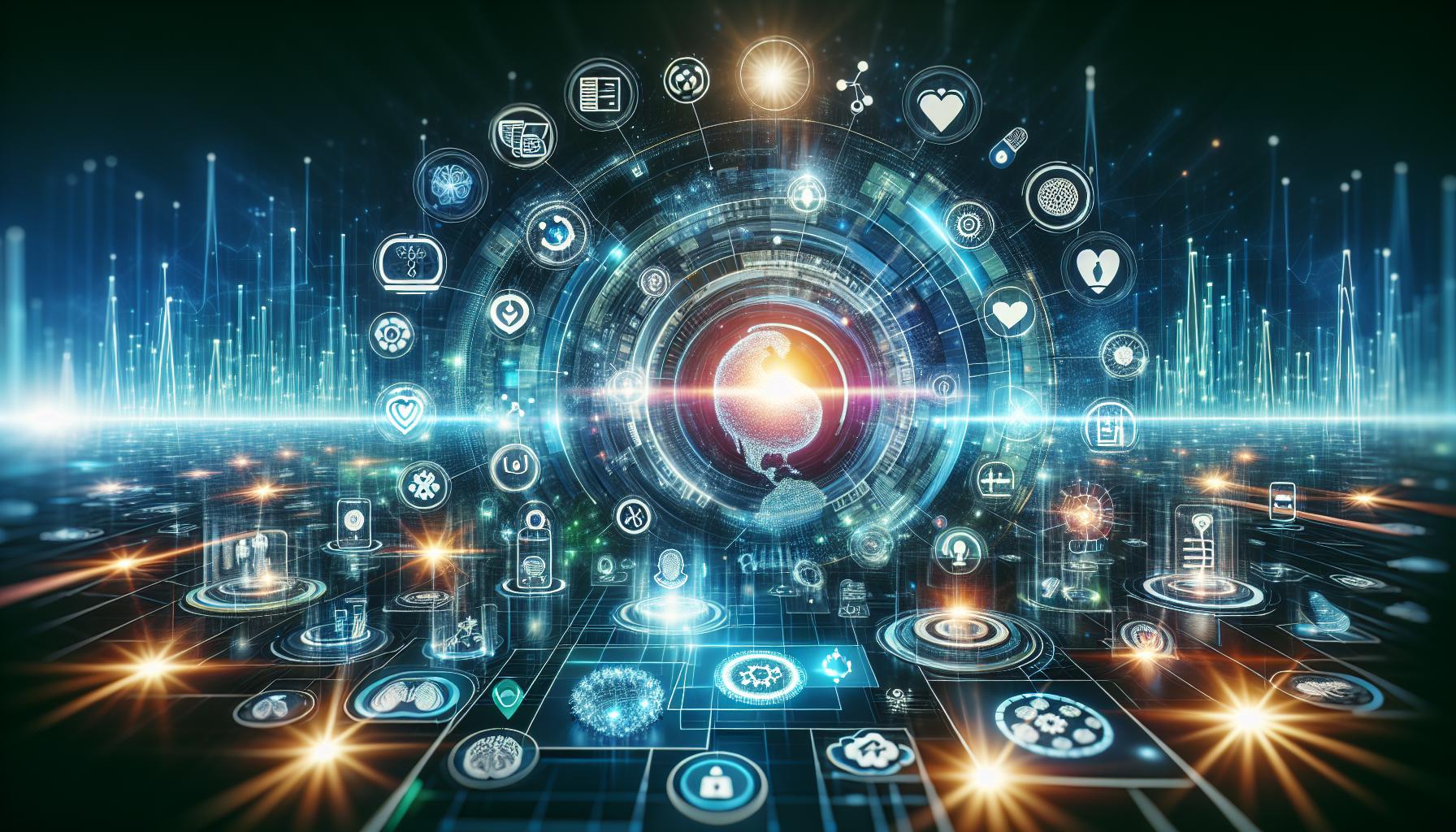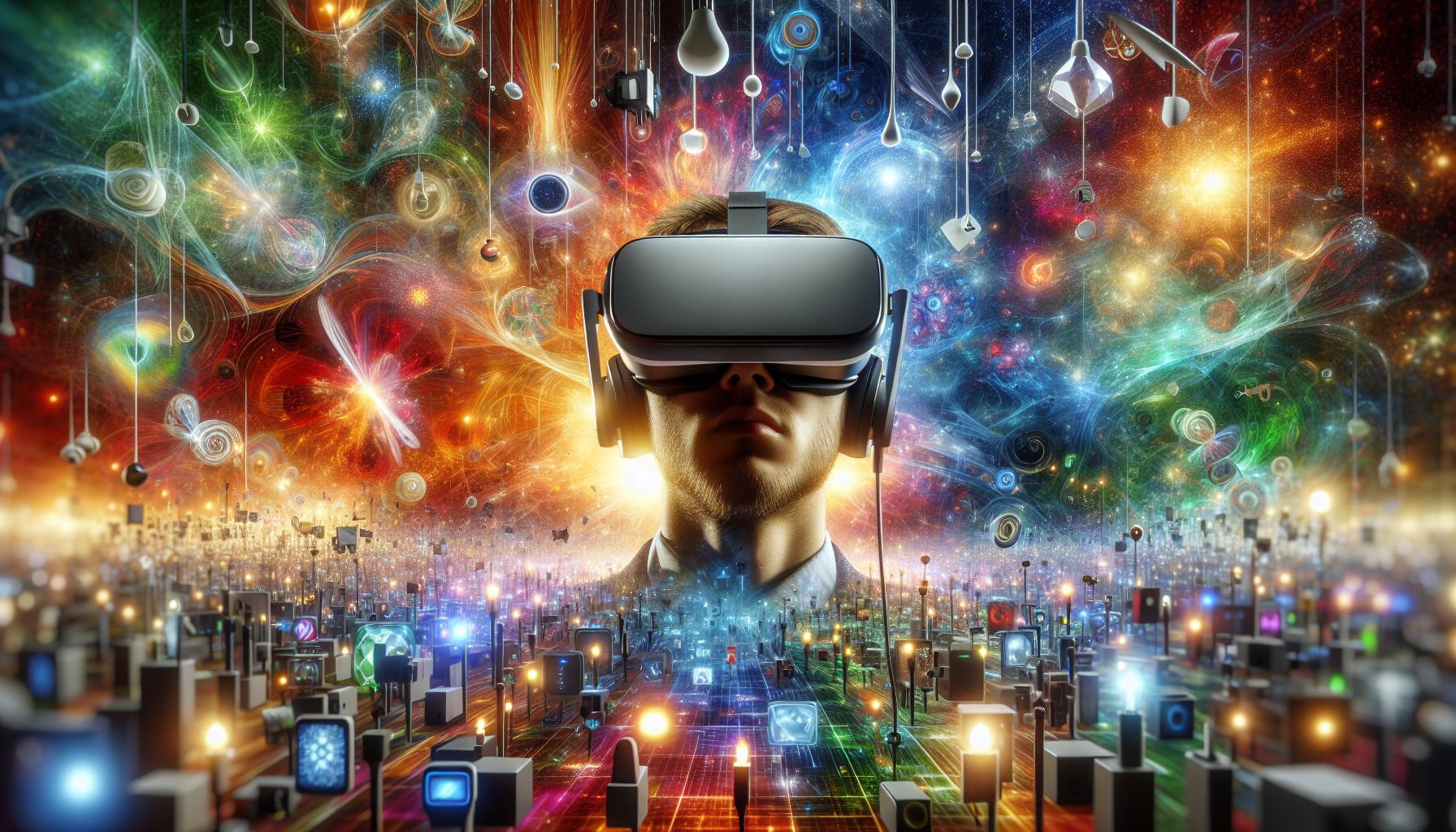The Impact of Artificial Intelligence on the Healthcare Industry
Artificial intelligence (AI) is revolutionizing various industries, and the healthcare sector is no exception. With its ability to analyze large amounts of data and identify patterns, AI is transforming the way doctors diagnose and treat diseases. From improved accuracy in medical imaging to personalized treatment plans, AI has the potential to greatly enhance healthcare outcomes. This article explores some significant ways AI is making a difference in the healthcare industry.
Improving Diagnostic Accuracy and Speed
One of the key areas where AI is making a significant impact is in diagnostic accuracy and speed. By analyzing patient data, AI algorithms can identify patterns and detect abnormalities that may go unnoticed by human doctors. This not only reduces the risk of misdiagnosis but also speeds up the diagnosis process. AI-enabled diagnostic tools are being used to interpret medical images, such as X-rays and MRI scans, with remarkable precision, allowing for early detection of diseases and more effective treatment plans.
Personalizing Treatment Plans
AI is also enabling the development of personalized treatment plans based on individual patient data. By analyzing a patient’s medical history, genetic information, and lifestyle factors, AI algorithms can create tailored treatment recommendations. This can lead to better outcomes and improved patient satisfaction. For example, AI-powered systems can suggest the most suitable medications, dosages, and treatment durations for specific conditions, reducing the trial-and-error approach often seen in healthcare.
Streamlining Administrative Tasks
In addition to improving patient care, AI is also streamlining administrative tasks within the healthcare industry. Automated systems can handle appointment scheduling, patient registration, and billing processes, reducing the workload on administrative staff and minimizing errors. AI-powered chatbots are being implemented to provide initial patient triage, answering common questions and guiding individuals to the appropriate resources. This not only saves time for both patients and healthcare professionals but also ensures a smoother workflow.
Enhancing Drug Discovery and Development
The drug discovery and development process is a time-consuming and costly endeavor. AI has the potential to accelerate this process by analyzing vast amounts of data and predicting the effectiveness of potential drug candidates. AI algorithms can sift through scientific literature, clinical trial data, and genetic information to identify promising compounds, reducing the time it takes to bring new drugs to market. Additionally, AI can aid in the repurposing of existing drugs for new indications, potentially providing quicker treatment options for various diseases.
Enabling Remote Monitoring and Telemedicine
The COVID-19 pandemic has highlighted the importance of remote healthcare services. AI plays a critical role in enabling remote monitoring and telemedicine. Remote patient monitoring devices equipped with AI technology can track vital signs, detect anomalies, and alert healthcare providers in real-time. This allows for early intervention and proactive management of chronic conditions, reducing hospital readmissions. Telemedicine platforms powered by AI algorithms enable virtual consultations, making healthcare accessible to individuals who may have limitations in physically visiting healthcare facilities.
As the adoption of AI in healthcare continues to grow, we can expect even more advancements that will transform and improve patient care. While AI is not a replacement for human doctors, it can act as a valuable tool in augmenting their expertise and guiding medical decisions. The synergy of AI and healthcare professionals holds great potential for a more efficient and effective healthcare system.
Analyst comment
Positive news. The market for AI in healthcare is expected to grow as more advancements are made. AI can enhance diagnostic accuracy and speed, personalize treatment plans, streamline administrative tasks, accelerate drug discovery, enable remote monitoring, and improve patient care. The synergy of AI and healthcare professionals holds great potential for a more efficient and effective healthcare system.













